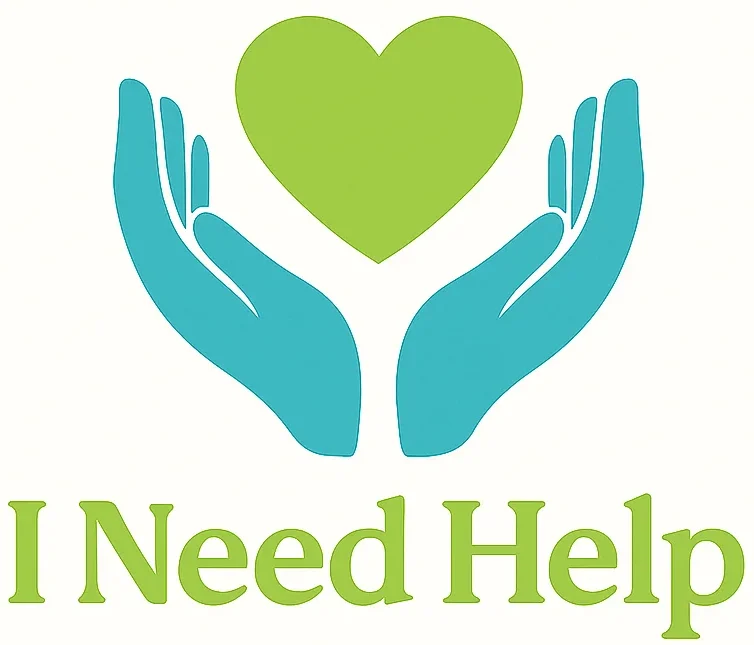Grief, Loss & Loneliness

Grief, Loss & Loneliness
Understanding Grief
Grief is the emotional response to losing someone or something important — whether through death, separation, divorce, miscarriage, job loss, or even a drastic life change. It’s a natural part of life, but the way grief is experienced and expressed can vary greatly.
In South Africa, where many families have experienced generational trauma, early death, and financial instability, grief is both common and complex. Cultural beliefs, social pressures, and limited mental health support often make it harder to process and talk about.
Grief is not a linear process. People may move through different emotional stages — including denial, anger, bargaining, depression, and acceptance — but not in a specific order. Some days are better than others. And that’s normal.
Common Reactions to Grief:
– Crying or emotional numbness
– Anger or guilt
– Fatigue or restlessness
– Difficulty sleeping
– Changes in appetite
– Withdrawing from others
– Feeling like the pain will never end
What Makes Grief More Complicated?
1. Sudden or Traumatic Death
– Loss through violence, suicide, or accident may bring shock and trauma.
2. Stigma or Isolation
– Losing someone to suicide, overdose, or HIV/AIDS may involve shame or secrecy.
3. Multiple Losses
– In communities affected by poverty, illness, or violence, people often lose several loved ones within a short time.
4. Unresolved Issues
– Conflict with the deceased or lack of closure can make it harder to move on.
5. Suppressed Grief
– Cultural or family beliefs that discourage expressing emotion may lead to internalised pain.
Grief and Loneliness
Loneliness often follows grief. Friends may not know what to say. Family may expect you to “be strong” or “move on.” But suppressing grief delays healing.
Being alone after loss — whether physically or emotionally — increases the risk of depression, anxiety, and health problems. Talking about grief and receiving compassion is essential for recovery.
Physical and Emotional Impact of Grief
Grief isn’t just emotional. It affects the body:
– Weakened immune system
– Chest pain or tightness
– Headaches or stomach issues
– Sleep disruptions
– Difficulty concentrating
Emotionally, people may feel hopeless, fearful, numb, or angry at the world — even at the person who died. These reactions are valid and part of the healing journey.
Healthy Ways to Cope
1. Acknowledge Your Grief
– Don’t pretend to be okay when you’re not.
– Say out loud: “I miss them. This hurts. I need time.”
2. Create Rituals
– Light a candle.
– Write them a letter.
– Visit a grave or special place.
3. Talk to Someone
– Friends, family, support groups, or therapists.
– SADAG, FAMSA, and churches often run grief groups.
4. Allow Time
– Grief has no deadline.
– Comparing your journey to others adds pressure.
5. Express Emotion
– Cry, scream, write, paint — whatever helps release the pain.
6. Physical Care
– Eat regularly, rest, hydrate, and move your body.
– Grief drains energy — self-care is survival.
7. Avoid Numbing
– Alcohol, drugs, or overworking delay healing.
– Feel the pain rather than escape it.
8. Memorialise the Loss
– Share stories.
– Create a photo album.
– Honour birthdays or anniversaries in ways that feel meaningful.
9. Spiritual Support
– Prayer, church, and traditional rituals can provide comfort.
– In many African cultures, connecting with ancestors is vital for closure.
10. Seek Professional Help
– If grief leads to depression, suicidal thoughts, or severe isolation — reach out.
– Therapy doesn’t mean you’re weak. It means you’re healing.
Grieving in South Africa’s Context
South Africa faces unique challenges in how grief is handled:
– High crime rates result in violent deaths.
– HIV/AIDS has taken many lives, leaving orphans and single-parent homes.
– COVID-19 disrupted burial traditions and left families grieving without closure.
– Mental health services are limited in many rural and township communities.
Despite this, many communities have strong traditions of communal mourning and support — such as night vigils, church services, and family gatherings. These spaces should be preserved and adapted to modern needs.
The Importance of Grieving
Unprocessed grief doesn’t go away — it goes inward. It can manifest as depression, chronic illness, anger, or relationship problems years later. Giving yourself permission to grieve is the first act of healing.
Grieving doesn’t mean forgetting. It means learning to live with the loss, honour the love, and carry forward the legacy.
Conclusion
Grief is the price of love — and it’s okay to feel its full weight. You don’t have to rush, fake a smile, or explain your tears. Healing is not about getting over it. It’s about moving through it.
You are not alone. Your pain is real. And you are allowed to grieve, for as long as it takes.
Real-Life Stories
Busi, 38 – Port Elizabeth
“My husband died in a car accident. One day he was there, the next he was gone. I couldn’t sleep or eat. Everyone told me to ‘be strong for the kids.’ But I was breaking inside. A grief counsellor at church helped me cry, rage, and remember. I’m still healing, but I can breathe again.”
Jonathan, 61 – Bloemfontein
“My son took his own life. I didn’t want to tell anyone. I felt like a failure. My pastor visited me every week. He didn’t preach — he just sat and listened. That’s what saved me.”
Naledi, 23 – Soweto
“I lost my grandmother during lockdown. No funeral, no goodbye. I kept dreaming about her. I started writing letters to her — just to say what I never got to say. That helped more than anything.”
Mental Health Resource Guide
